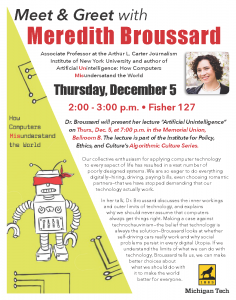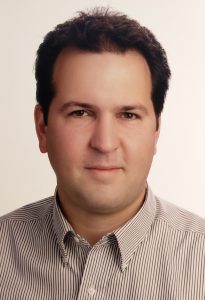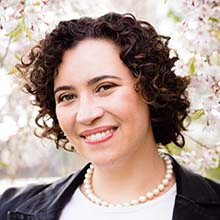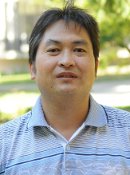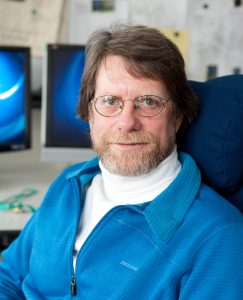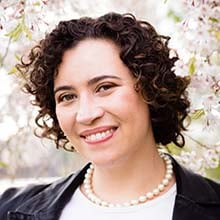
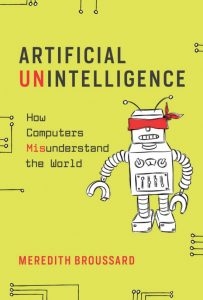
The Institute for Policy, Ethics, and Culture’s Algorithmic Culture series continues with “Artificial UnIntelligence,” a keynote lecture from Meredith Broussard, on Thursday, Dec. 5 at 7 p.m. in Memorial Union Building Ballroom B, followed by a Q&A.
Collective enthusiasm for applying computer technology to every aspect of life has resulted in a vast number of poorly designed systems. We are so eager to do everything digitally—hiring, driving, paying bills, even choosing romantic partners—that we have stopped demanding our technology actually work.
In this talk, author and professor Meredith Broussard looks at the inner workings and outer limits of technology, and explains why we should never assume that computers always get things right. Making a case against technochauvinism—the belief that technology is always the solution—Broussard looks at whether self-driving cars really work and why social problems persist in every digital Utopia. If we understand the limits of what we can do with technology, Broussard tells us, we can make better choices about what we should do with it to make the world better for everyone.
Meredith Broussard is an associate professor at the Arthur L. Carter Journalism Institute of New York University and the author of Artificial Unintelligence: How Computers Misunderstand the World. Her research focuses on artificial intelligence in investigative reporting, with a particular interest in using data analysis for social good. You can follow her on Twitter @merbroussard or contact her via meredithbroussard.com.
